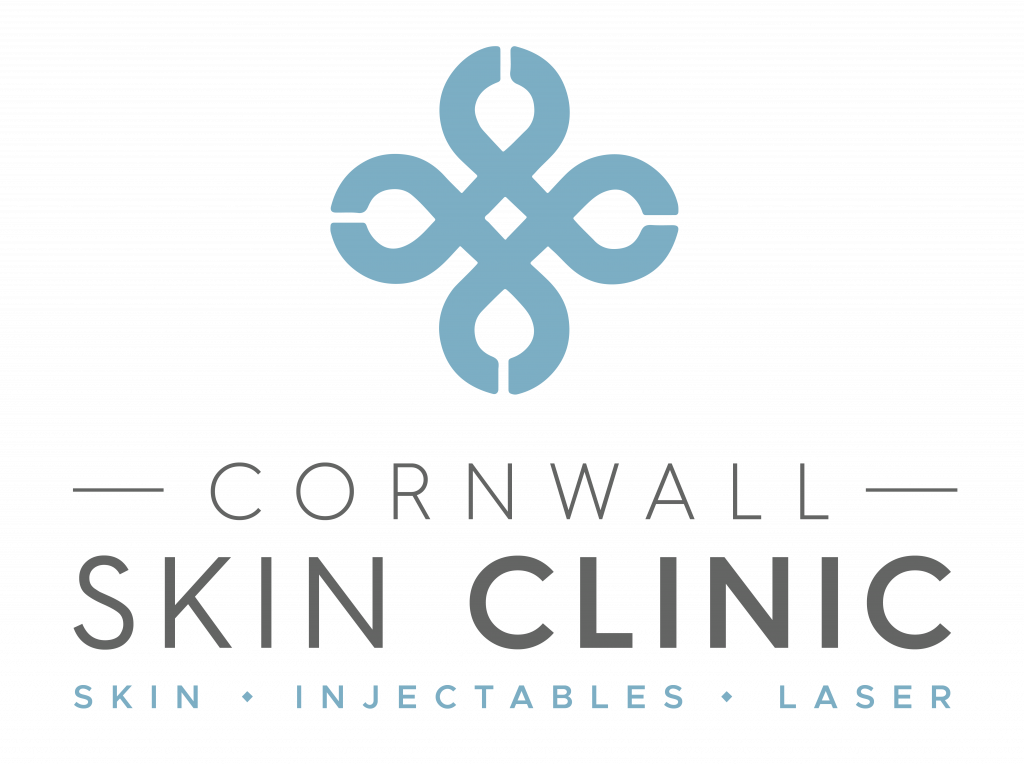
PCOS HAIR GROWTH AND LASER HAIR REMOVAL
what does it mean for you?
Laser Hair Removal is an effective long-term solution for treating unwanted hair, but what about the thousands of women who have conditions like Polycystic Ovary Syndrome?
PCOS (polycystic ovary syndrome) is a condition which affects how a woman’s ovaries function; ovaries not regularly releasing eggs; and having high levels of ‘male hormones’ (androgens). If you have at least two of these symptoms then your GP may diagnose you with PCOS, however, it’s important to note that you can have PCOS without having cysts on your ovaries. Also, be reassured that all women have androgens. It’s fluctuating levels which can cause problems.
Whilst the exact cause of PCOS is unknown, it is thought that it’s associated with abnormal hormone levels in the body, including high levels of insulin. It’s also often a hereditary condition, so it’s important to check if any close female relatives have had it. A low GI diet can help control symptoms and moderate insulin levels.
At Cornwall Skin Clinic, we treat many women with Polycystic Ovary Syndrome (PCOS) with Soprano Titanium Laser Hair Removal, but it’s important to have a clear understanding of the treatment, and possible results before getting started.
Symptoms
PCOS affects each woman differently and should be diagnosed by your GP.
However, if you do have PCOS, you are likely to have some or all of the following symptoms:
• Weight gain
• Excessive hair growth (typically on the face, chest or abdomen)
• Oily skin
• Acne
• Irregular or no periods
• Difficulty conceiving
• Thinning hair or hair loss on head
PCOS has also been associated with a higher risk of other health problems later in life, including type 2 diabetes and high cholesterol.
Why Does PCOS Cause Facial Hair?
The presence of high levels of male hormones (androgens) associated with PCOS can lead to excessive hair growth on the face and body. This can be extremely embarrassing and difficult to manage, with some women suffering from anxiety and depression as a result. Regular waxing and shaving can cause the delicate skin on the face to become sore and sensitive with ingrown hairs – and can even cause hyperpigmentation.
Many women with PCOS achieve excellent results from laser hair removal treatment, and it can significantly improve their self-confidence. Although the results for many clients can be successful, and often life changing, they need to continue to have the treatments on a regular basis to maintain a reduction in hair growth. Typically, PCOS clients dealing with unwanted facial hair will need more than eight sessions to greatly reduce symptoms. Hair growth occurs in cycles, so a series of treatments is needed to diminish hair growth.
As an existing medical condition like PCOS affects the body’s hair growth, it’s impossible to guarantee a result as increased hair growth may continue in spite of regular laser hair removal treatments. We recognise that ongoing treatment may be needed so offer significant discounts for PCOS sufferers.
Before starting on a course of Laser Hair Removal with Cornwall Skin Clinic you’ll have a complimentary consultation to ensure you’re a suitable candidate for the treatment.
Ready to learn more about how we can help you deal with the excess hair growth from PCOS? Contact us today for a free consultation and patch test.
Supporting Information
Below is a useful link to Verity the PCOS charity whose guidance we follow to ensure our information is of the highest quality
Verity – Sharing the Truth about PCOS




